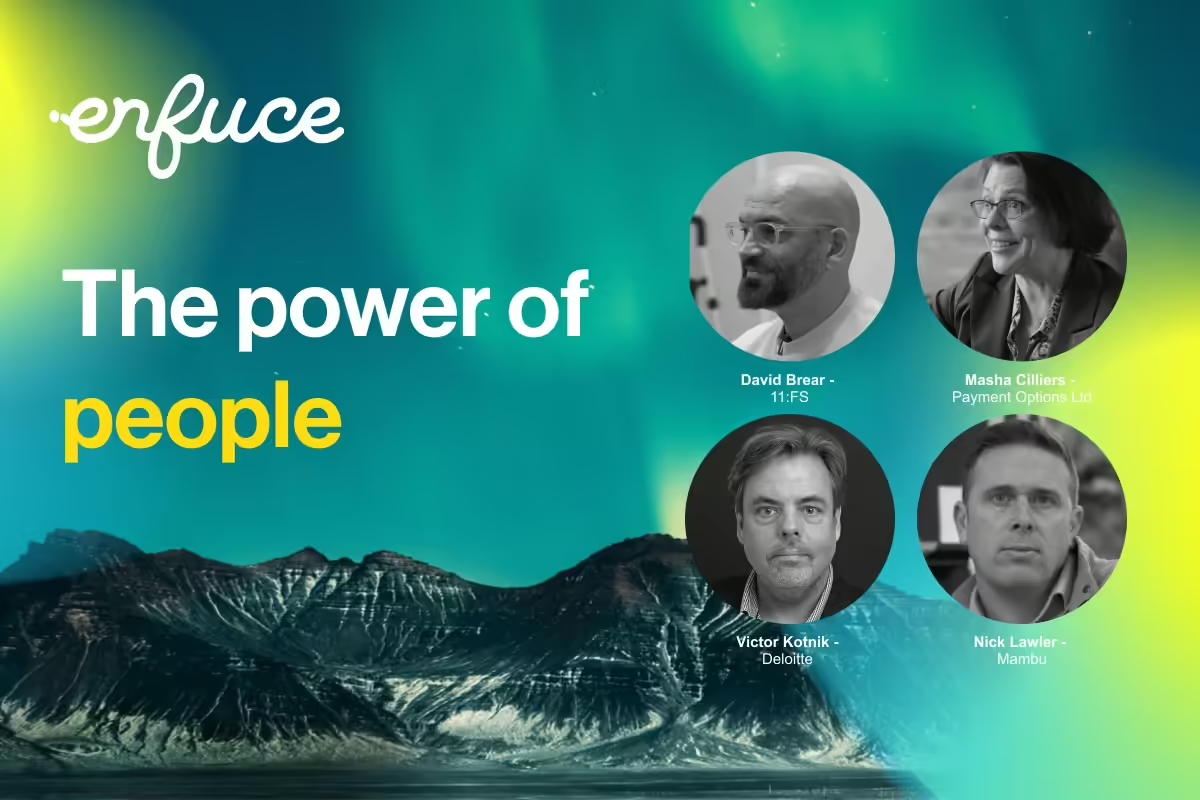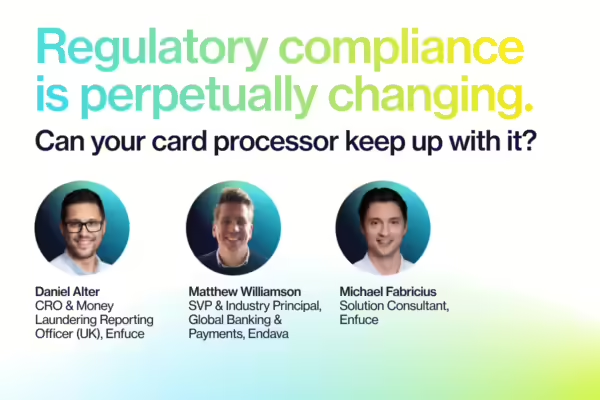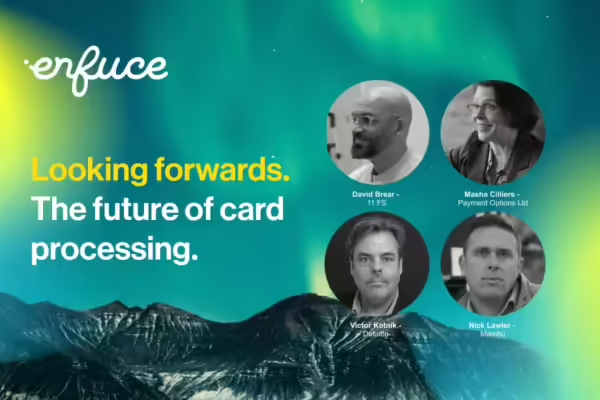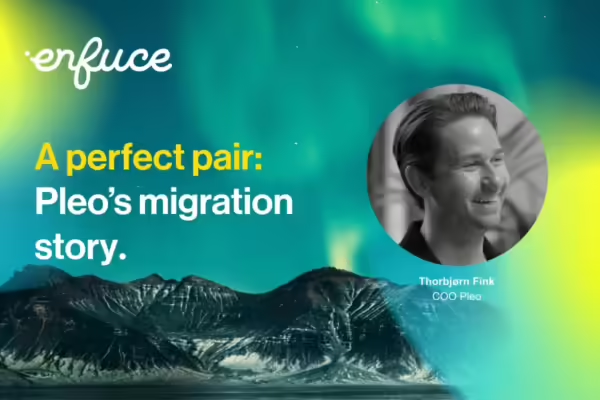The Power of People – why relationships are essential to success

As we know from the outcomes of The Builders Guide To Strangely Satisfying Card Experiences, few decisions carry as much weight as the choice between building a solution in-house, purchasing an existing one or partnering with a specialist for a hybrid solution. With sometimes overwhelming considerations like time-to-market, technological capabilities and cost, an equally if not more important element to success is often overlooked – the people factor.
Download The builder’s guide to strangely satisfying card experiences, created for you by industry experts.
It’s tempting to believe that with the incredible advances in tech today, like the ever-improving, intuitive capabilities of solutions like AI and seamless personalisation, that human influence is less a core driver and now merely high-level steering. But this couldn’t be further from the truth – as behind every new product or solution, every line of code or strategic decision are individuals whose relationships with one another shape the results.
We took this thinking to our panel of experts; the architects from our Builder’s Guide to Strangely Satisfying Card Experiences which is the ultimate report on the build or buy debate. They have walked this intimidating but exciting road and, in this blog, we uncover their real-world experiences when dealing with intricate relationships and how they have the power to tilt the scales in the build or buy debate.
Watch the full video here
First impressions
When choosing a long-term romantic partner, we all know that the eventual best fit will be based on more than just looks or status, but rather how well the two parties’ values and priorities align.
It’s a similar scenario in the payments space when looking for a committed partner for the future. Joe Samuel, VP Head of Europe Issuers/Enablers at Visa, believes this is crucial when viewing prospective candidates.
“I look for more of a strategic partner – not just a vendor. There’s a big difference between the two. I want someone who can help me grow, who’s thinking about helping me grow, who can challenge me about the future, versus just sending me a bill every month.”
A good measure of the kind of on-going partnership you’re after can be gained by looking at existing partnerships in the industry that are either inspiring or the kind you’d rather avoid.
David M. Brear, CEO of 11:FS, believes that in the payment and card management space, the entire model of success and efficiency is built on people as opposed to tech alone. The ability to make clear and informed decisions, he feels, is the vital difference between success and failure – and good decisions are a product of trust.
“Organisations that are good at fostering, showing and building trust with people, either through technology or through relationships, are the ones that are always really successful.”
Download The builder’s guide to strangely satisfying card experiences, created for you by industry experts.
Strength from the inside out
All professionals with industry-related partnerships run the risk of focussing all their energy on external relationships and neglecting the ones that exist inside of their own organisations. A business’ own culture is as important as the health of the culture between partners and suppliers. Brear believes that that there is no generalised technology that will solve all problems but rather that problems are caused by culture. Instilling belief and passion in people when they’re faced with problems makes what was once intimidating, suddenly an exciting challenge that technology can then assist with – not necessarily solve on its own.
When internal culture is strong and championed by all employees, it doesn’t just make for a happy and aligned working environment – it indirectly affects the relationships with partners and providers. Masha Cilliers, Founder and Principle Consultant at Payment Options Ltd, believes that relationships should exist at multiple levels throughout all organisations – specifically in a partnership arrangement.
“It’s so important to build relationships across levels and departments. You need to get the CEOs to talk to each other, get people to understand and share their roadmap and build those relationships. If one person leaves the business, you’re not losing your influence over any development or support issues.”
Communication + commitment = confidence.
If a solid commitment is the foundation of a successful long-term partnership, then clear communication has to be the bedrock. As Samuel mentioned earlier, there are two kinds of people in the provider area – those who are in it with you for the long run and those just in it to secure the business.
Johan Gabrielsson tends to agree and when looking for the right partner for OKQ8, he ensured he had a good read on the kind of people the business would be working with and if those people were a match for his own company’s. Frank and open discussions (and the willingness to have them) were essential to OKQ8, as was evidence of clear engagement and support.
“What was important to us at the beginning was to see a potential partner as a group of people who wanted to join our journey and be part of our transformation. We saw this in Enfuce – they weren’t trying to sell to us, they were advising us.”
Johan Gabrielsson – Chief Product Officer/Head of Digital Product Sales and Development at OKQ8
Pleo’s Thorbjorn Fink believes that teams need to work together – regardless of whether they work for Pleo or the provider. This collaboration is key to building shared culture, keeping understanding and communication clear and building a team that’s future-proofed and confident.
“When we were deciding which partner would be a fit for us, it was a requirement that our engineers met Enfuce’s engineers and worked together to figure out new solutions. Enfuce had nothing to hide and showed us how proud they are of the business and their teams. Before, when we have looked at suppliers they have tended to just say yes to everything we have asked. Enfuce really wanted to know why we had made the decisions we had, and this curiosity of the people fits our culture perfectly.”
When the going gets tough
Some people and providers may look perfect on paper, but as we all know, healthy relationships between well-adjusted people can hit the odd wobble along the partnership’s journey. Victor Kotnik, Partner in Consulting at Deloitte, puts this reality into perspective.
“The rule is that it typically goes wrong, okay? And there can be so many different reasons for that. It can be anything from that you chose the wrong technology, maybe you chose the wrong implementation partner, maybe you didn’t have your organisation aligned behind it. But the key thing is how you deal with it, how you communicate and how you resolve it.”
This level of accountability and responsibility is of the utmost importance for resolution during challenging times. If a culture and relationship have been built on honesty, transparency and resilience, these hiccups can be overcome. But no kind of technology or structure will solely be able to repair them – it’s the calibre of people in each team that will forge the solution.
“You just know that things are not always going to pan out the way you hope or the way you expect. So, when something goes wrong, it’s just so critical to be able to have somebody on the other side that immediately responds, that immediately knows where to go and takes ownership of the question.”
Nick Lawler – Marketing Director EMEA at Mambu
The key thing, as Nick Lawler, Marketing Director for EMEA at Mambu, reminds us, is how you and your team deal with the issues that will appear. He advises teams not to hide from the problem, cast blame or try to ignore or smooth it over. And the obvious route to being able to take this clear and mature approach to problem solving is having a partner that hears you – both literally and figuratively. Christoffer Malmer, Head of SEB Embedded, is quite clear about the inevitability of challenges and mistakes.
“You just know that things are not always going to pan out the way you hope or the way you expect. So, when something goes wrong, it’s just so critical to be able to have somebody on the other side that immediately responds, that immediately knows where to go and takes ownership of the question.” It’s become clear from our architects that while it might be easy to overlook the importance of people in our sophisticated and thrilling tech industry, that true success lies not only in innovation but in the strength of relationships forged between like-minded people. By prioritising these connections, cultivating trust, and drawing clear boundaries and channels of communication, success becomes a far greater probability and the idea of investment in people is less of a nice to have and rather a non-negotiable strategic imperative.”
Download The builder’s guide to strangely satisfying card experiences, created for you by industry experts.



